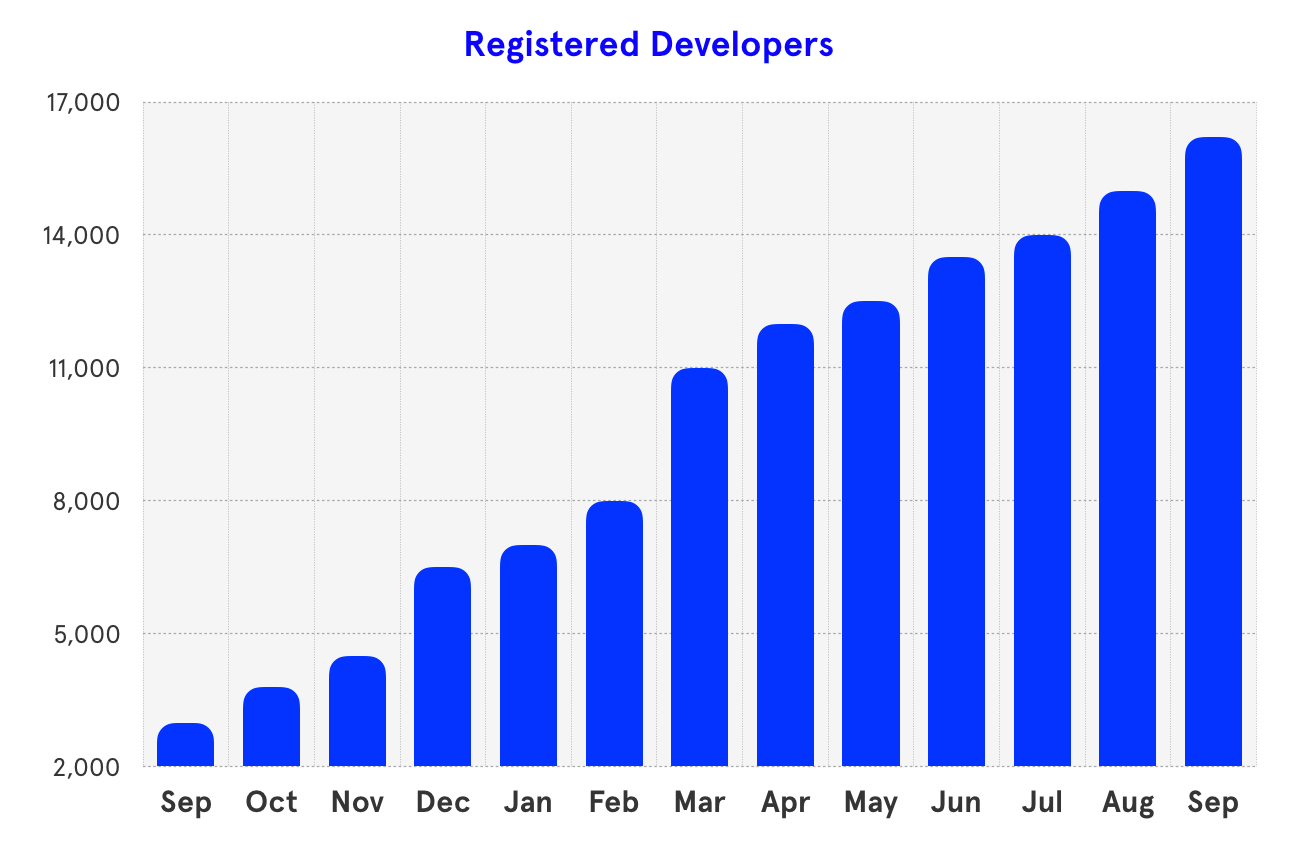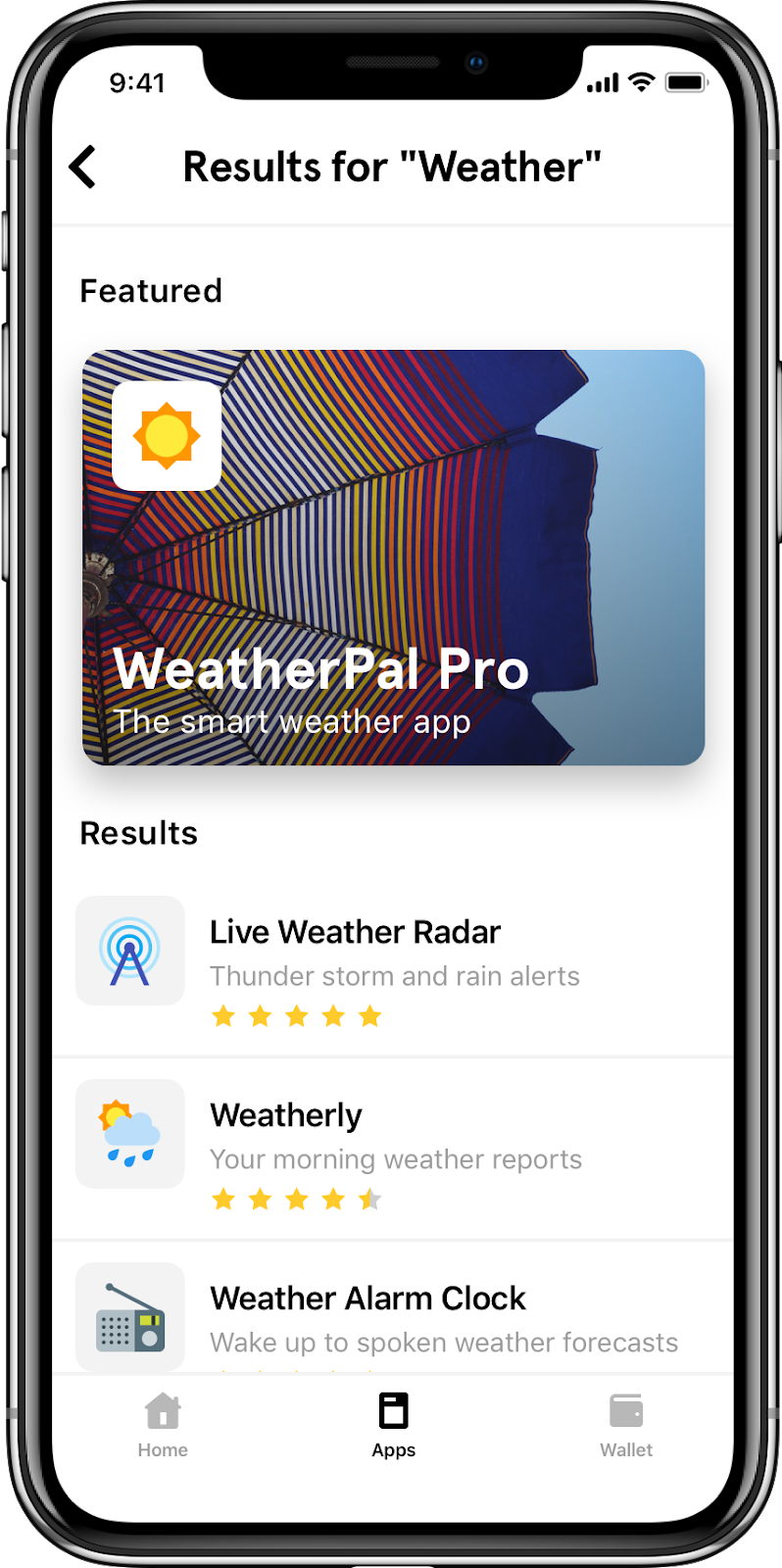Here at DecentraNet, we’re proud to announce our support of another upcoming blockchain based initiative we’re excited about, Snips. We believe in the fundamental tenets of blockchain technology including privacy and decentralization, and Snips is working to offer users smart technology inclusive of both of those values.
At a time when the world continues to be inundated with big data and centralized service providers, Snips stands out as a viable alternative. By creating a private-by-design, open source, decentralized voice assistant, Snips has the potential to redefine how users think about smart devices and create an industry of privacy-focused home ecosystems. Their assistant can guarantee privacy without any data being processed in the cloud, all while performing as well as Alexa and other cloud-based assistants.
The Backstory
Snips was created in 2013 and has raised over €22M in funding to date, growing its team to 75 people between Paris and New York. They have over 17,000 developers using their technology today. Impressively, Snips also has a number of strategic partnerships with semiconductor companies that will distribute their technology to be integrated into a large range of devices, from smart speakers to TVs, cars or smart appliances.
Snips is now working on a consumer voice assistant, Snips AIR, for which they are creating a decentralized, token-curated app store.
What’s the Problem?
In the constantly evolving world of artificial intelligence (AI), smart hardware, voice assistants and the internet of things (IoT), the focus on privacy has gone to the wayside. Popular voice assistants today like Amazon’s Alexa, Google Assistant and Microsoft’s Cortana all offer increased benefits to consumers like easy hands-free access and smart home connectivity, but with a major downside: lack of privacy.
Most popular voice assistants today represent everything wrong with the internet that Web 3.0 is working towards improving. Current voice assistants are closed source, offer the consumer little to no privacy, centralize all the data collected on users and even run a business model that relies on exploiting the data collected by the centralized platform.
Privacy-by-Design: The Future of AI Voice Assistance
Snips has created a unique technology for running voice assistants directly inside devices, without any data going to the cloud. This enables Snips to offer Privacy by Design, in stark opposition with other voice assistants like Alexa.
Snips has spent over 2 years building its technology, which now performs equivalently or better than cloud-based voice assistant on a range of use cases such as playing music, getting recommendations or home automation.
Snips’ existing business is to sell its technology to device manufacturers, charging a license fee per device. This means they don’t have to monetize the user data or the applications developers create, aligning their growth with the community.
Building on top of their robust developer community, Snips is now creating Snips AIR: a consumer-grade voice assistant that can run on a number of third-party devices, such as smart speakers, computers, smartphones, or cars.
Although the assistant comes packed with useful apps, the value really comes from the developers creating new apps and publishing them on the Snips app store for consumers to use. This upcoming app store is where Snips will use blockchain: rather than run the app store and review apps themselves, they will let the community curate the content, using a token and staking mechanisms to guarantee quality.
A Decentralized, Token-Curated App Store
Decentralization is a powerful way to solve problems inherent to existing app stores. Indeed, traditional app stores always suffered from a quality vs openness problem: companies either put very strict rules on what can be published to ensure quality or let anyone publish their app, leading to a host of malware and low-quality applications. Centralizing the reviewing also means they end up taking a large cut on the app monetization, giving developers little room to grow their business.
Using a token is a solution to all of the above. To publish an app, a developer needs to stake tokens as a collateral. If the community considers the app to be bad or to be malware, they can penalize the developer by voting to kick the app out and slash the stake. This means developers are incentivized to only publish high-quality apps, or risk losing tokens.
This token-curated registry approach to building an app store has multiple advantages:
- No commission taken on apps, meaning developers have higher margins
- There is no central authority deciding who can publish what, as only the community decides
- The app store is not owned by anyone and will thus exist regardless of what happens to Snips as a company
To go one step further, we are also introducing a “stake to advertise” model, where the more a developer stakes for an app, the more that app is promoted in search results. This is a similar system as AdWords in Google search results, but instead of paying to advertise, developers stake to advertise. This also means that the more competition happens between developers, the more staking occurs, and thus the circulating supply of tokens becomes inversely proportional to the growth of users of Snips. This is great for token holders.
Concept: The Snips Decentralized App Store
Token Allocation and Timeline
In an effort to achieve a more equitable outcome for all parties interested in the token sale, Snips has opted for a different kind of sale for their utility token, AIR. The total initial supply is 5,000,000,000, not including future inflation, and will be rolled out through multiple releases over 10 months. Here is the token distribution:
TOKEN SALE:
2,400,000,000 (48%)
SNIPS TEAM:
1,250,000,000 (25%)
ONBOARDING:
750,000,000 (15%)
PARTNERS:
350,000,000 (7%)
BOUNTY:
250,000,000 (5%)
CIRCULATING SUPPLY:
Taking into account the inflation used to reward the network, and considering the release schedules of each token sale pool, as well as a an expected growth in active users of the system, we expect the total circulating supply to grow from 2.1B tokens in 2018, to 5.6B tokens in 2023. With a price of €0.026 in 2018, this yields an initial market cap of €55M.

Main sale dates: Ongoing
Minimum send amount: €100, payable in Bitcoin (BTC), Bitcoin Cash (BCH), Ether (ETH), EOS (EOS), or Euros (EUR), though other cryptocurrencies may be accepted later in the process.
Maximum send amount: None
Soft Cap: 1 billion AIR tokens (€13 million), if not reached by February 1st, 2019, funds will be returned.
Token Type: ERC-20 until mainnet launch, with a 1:1 native token equivalence
Our Final Thoughts
Snips is bringing the power of voice assistance and AI to the market at a time when users are increasingly wary of their data being collected and exploited by large centralized companies.
By creating an open source, community-driven initiative that values privacy, openness, and trust, Snips has uniquely positioned itself in a way that offers users the benefits of voice assistance that many already enjoy without the dread associated with it.
In addition, users also get access to unlimited potential in the future of their voice assistant as they can train their assistant, utilize more applications, and still protect their information — a value that hasn’t yet been brought to the market.



